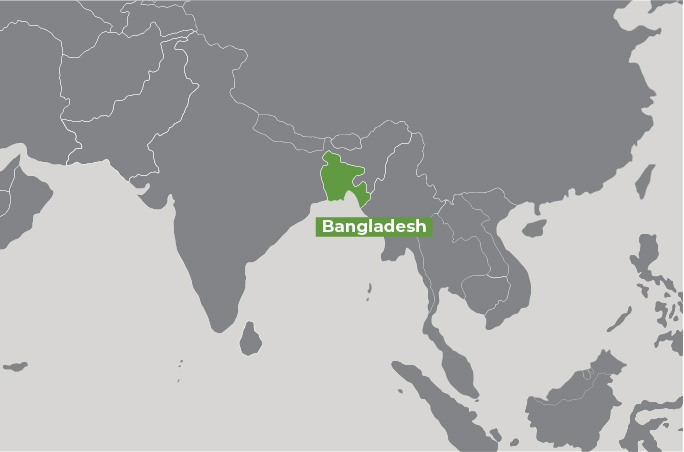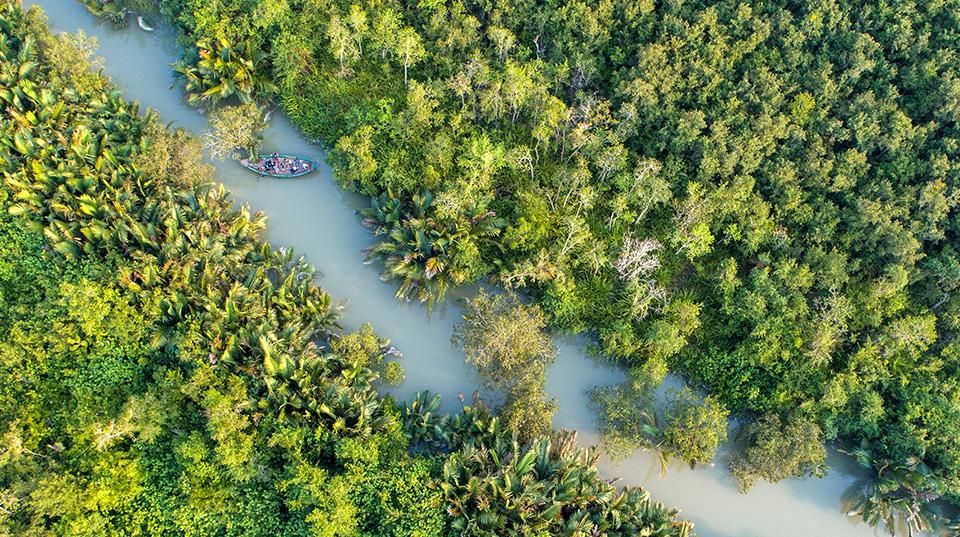Overview
This project aims to assess the current and future trends in the hydrological regimes in the Sundarbans mangrove forest in Bangladesh and investigate how changes in hydrology may influence fisheries, forest ecology, and the livelihoods of people.
Sundarbans mangrove forests in the Ganges delta, a UNESCO World Heritage site, provide a wide range of ecosystem services and hold immense ecological, economic, and cultural importance to 4.5 million people living in and around Sundarbans. The ecosystem functions and ecosystem services of Sundarbans are threatened by both anthropogenic and natural factors including climate change. Understanding the relationship between hydrology and ecological indicators is crucial for maintaining and enhancing the health of mangrove forests and fisheries.
The project will provide important input to a new ACIAR project that focuses on ecosystem management in the Sundarbans. Conducted in collaboration with the Institute of Water Modelling and Bangladesh Agricultural University, it will fill a notable gap in the activities initiated by ACIAR in the coastal zone of the Ganges delta and will explore synergies with other projects in the region for mutual benefits. Aligned with Australia's International Development Policy, this project will contribute to the ACIAR objectives on natural resources and climate and building capacity. The project will aid the Bangladesh Government in preserving the Sundarbans and contributing to the Bangladesh Delta Plan 2100 by providing updated hydrological data and trends.




